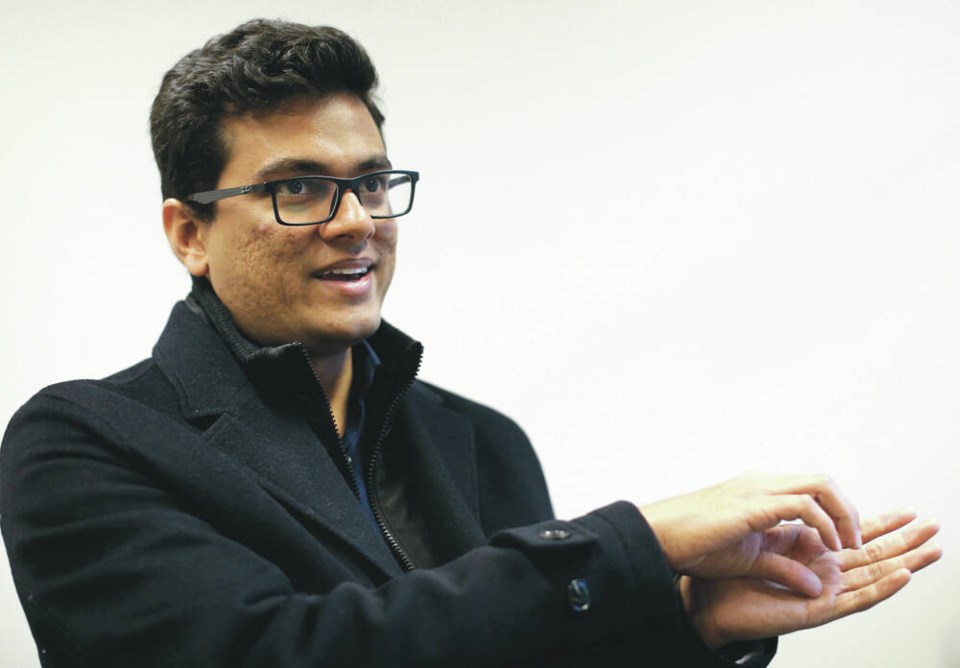Victoria-based Niricson, which uses its damage-assessment software and drone-based data collection system to assess and inspect large infrastructure projects, is preparing to expand its reach after raising $10 million.
The latest funding round, which comes after raising $2.2 million last year, is earmarked for expanding the company’s global footprint and accelerate its research and development of artificial intelligence software for managing critical infrastructure.
The new investment comes as the company has been stretched in handling a growing list of clients.
“We are now serving more than 20 large customers owning dams, bridges, runways and other critical assets globally. Over the last several years, we have learned a lot and built our products to address the real problem faced everyday by our customers,” said company co-founder and CEO Harsh Rathod.
Rathod noted the new investment is seen as a vote of confidence in the company’s game plan.
This investment round was led by U.S.-based MUUS Climate Partners, a venture capital firm that focuses on tech solutions to climate problems, and included software developer Bentley Systems, the Canadian government and Invest Victoria.
Niricson’s early focus was on analyzing dams. It has since expanded its scope to include bridges, power plants and tunnels.
Its system uses drones to fly around large civil infrastructure projects and collect data that can be analyzed in real time.
The system provides visual, thermal and acoustic analysis of concrete infrastructure. Because it requires fewer people than conventional assessment work, it can be done faster and at a fraction of the cost.
Rathod has said with aging infrastructure all over North America, the need for the company’s service is only going to grow more acute, while the public has a tendency to take infrastructure for granted and forget about it as it’s just the concrete background to life.
If we don’t take care of them, the problems can be big, because when they fail it’s immediate and can be devastating, Rathod said.
>>> To comment on this article, write a letter to the editor: [email protected]



